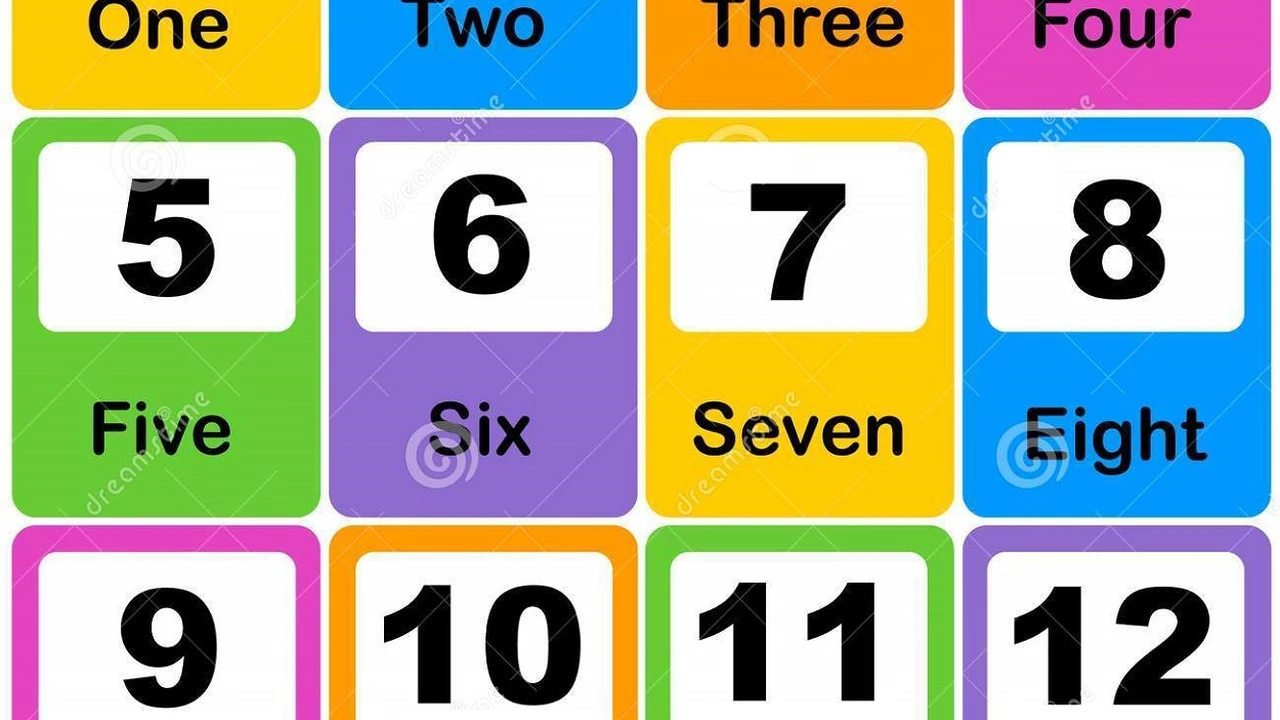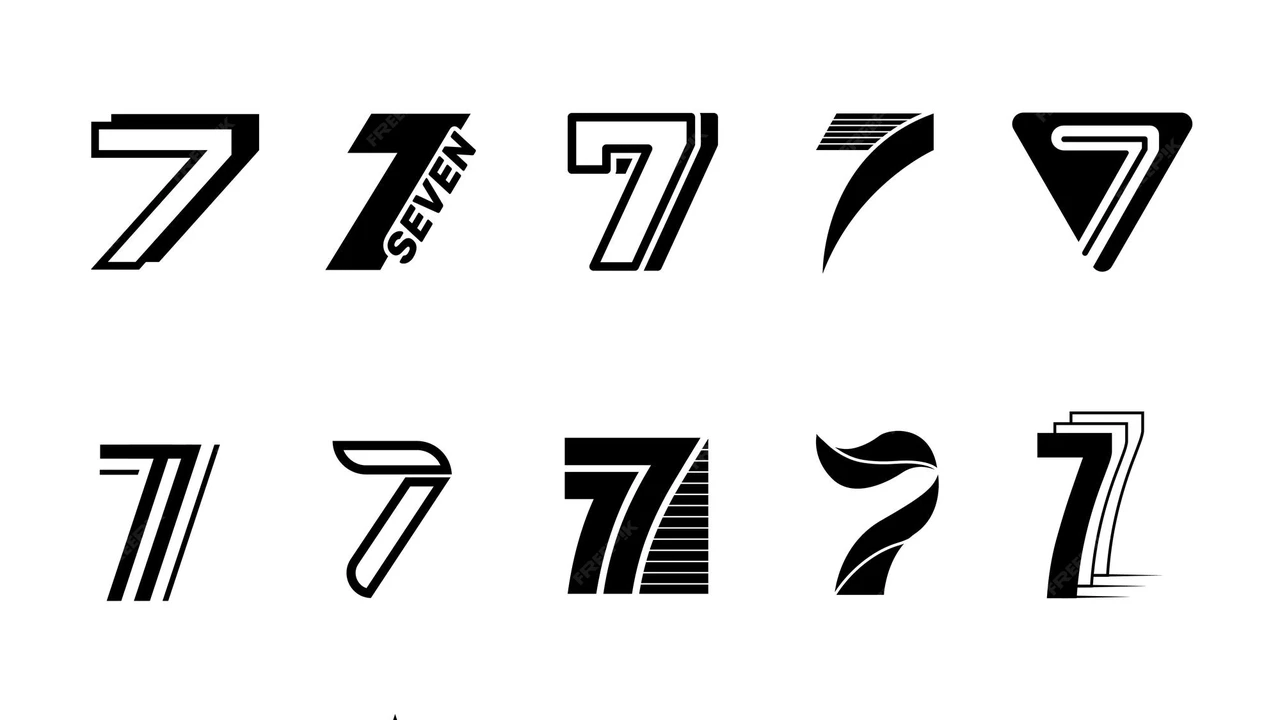5 Common Credit Score Myths Debunked
Debunk 5 common misconceptions about credit scores to gain a clearer understanding of how they work.

5 Common Credit Score Myths Debunked
Hey there, ever felt like credit scores are some kind of mysterious, uncrackable code? You're not alone! So many people have heard bits and pieces about credit scores, and sometimes those bits turn into full-blown myths. These myths can seriously mess with your financial decisions, leading you down the wrong path when you're trying to get a loan, rent an apartment, or even land a job. Let's dive in and bust some of the most common credit score myths out there, giving you the real scoop so you can manage your finances like a pro.
Myth 1: Checking Your Own Credit Score Hurts It
This is probably one of the most widespread myths, and it causes a lot of unnecessary anxiety. Many people avoid checking their credit score regularly because they're afraid it will lower it. Let's clear this up right now: checking your own credit score, often called a 'soft inquiry,' does NOT negatively impact your credit score. Think of it like peeking at your own report card – it doesn't change your grades, right? It just shows you where you stand.
Soft inquiries happen when you check your own credit, or when a potential lender pre-approves you for an offer without you formally applying. They don't show up to other lenders as a sign of risk. On the flip side, a 'hard inquiry' does affect your score, usually by a few points. Hard inquiries occur when you apply for new credit, like a mortgage, car loan, or new credit card. Lenders pull your full credit report to make a lending decision, and these inquiries signal that you're seeking new credit, which can slightly increase your risk profile in the short term. But even then, the impact is usually minor and temporary, fading within a few months.
So, go ahead and check your credit score as often as you like! It's actually a really smart habit. Knowing your score helps you understand your financial health and spot any potential errors or fraudulent activity. There are plenty of free services that let you do this without any penalty.
Recommended Free Credit Score Checkers:
- Credit Karma: This is a super popular choice. Credit Karma provides free credit scores and reports from TransUnion and Equifax. They also offer insights into what's affecting your score and personalized recommendations for credit cards and loans. It's free because they make money from advertising these financial products.
- Credit Sesame: Similar to Credit Karma, Credit Sesame offers free credit scores (from TransUnion) and monitoring. They also provide identity theft protection and personalized financial product recommendations.
- Experian Free Credit Score: Experian, one of the three major credit bureaus, offers a free FICO score and report directly from their website. This is great because many lenders use FICO scores, so it gives you a very accurate picture of what lenders see.
- Your Bank or Credit Card Company: Many banks and credit card companies now offer free credit score access to their customers. Check your online banking portal or credit card statement – you might be surprised to find it readily available.
Usage Scenarios and Comparison:
- Credit Karma vs. Credit Sesame: Both are excellent for general monitoring and understanding your credit profile. Credit Karma often provides more detailed insights into the factors affecting your score, while Credit Sesame might have a slight edge in identity theft features. Both are ad-supported, so expect to see product recommendations.
- Experian Free Credit Score: If you want to see your actual FICO score, Experian's direct offering is invaluable. It's less about recommendations and more about direct access to your FICO score, which is what most lenders use.
- Bank/Credit Card Offerings: These are convenient if you already bank with them. The scores provided might be FICO or VantageScore, depending on the institution. They are usually integrated seamlessly into your existing online banking experience.
Pricing: All the above-mentioned services offer free access to your credit score. Some might have premium versions with additional features (like daily score updates or more in-depth identity theft protection), but the basic credit score check is always free.
Myth 2: Carrying a Balance on Your Credit Card Helps Your Score
This is another big one that can lead people into unnecessary debt. The idea that you need to carry a balance (meaning, not pay off your credit card in full each month) to show you're using credit and therefore improve your score is completely false. In fact, it's the opposite! Carrying a balance, especially a high one, can actually hurt your credit score.
What truly helps your score is demonstrating responsible credit usage. This means paying your bills on time and keeping your credit utilization low. Credit utilization is the amount of credit you're using compared to your total available credit. For example, if you have a credit card with a $1,000 limit and you owe $500, your utilization is 50%. Lenders generally prefer to see utilization below 30%, and ideally even lower, like under 10%. The lower your utilization, the better it looks to credit bureaus.
When you carry a balance, you're not only paying interest (which is just throwing money away!), but you're also increasing your credit utilization. This signals to lenders that you might be over-reliant on credit or struggling financially, which can lower your score. The best practice is to pay your credit card balance in full every single month. This shows you're a responsible borrower, keeps your utilization at 0% (or very low), and saves you a ton of money on interest.
Strategies for Low Credit Utilization:
- Pay in Full: The golden rule. Always aim to pay your statement balance in full by the due date.
- Make Multiple Payments: If you use your card frequently, consider making smaller payments throughout the month instead of waiting for the statement due date. This keeps your balance low and can help your utilization report lower.
- Ask for a Credit Limit Increase: If you're a responsible user, asking your credit card company for a credit limit increase can lower your utilization ratio without you having to change your spending habits. Just be careful not to increase your spending just because your limit went up!
- Open a New Credit Card (Carefully): If you have a long credit history and manage your existing accounts well, opening a new credit card can increase your total available credit, thereby lowering your overall utilization. However, this should be done cautiously, as a new hard inquiry and a new account can temporarily ding your score.
Myth 3: Closing Old Credit Cards is Good for Your Score
This one sounds logical, right? Less credit cards, less temptation, better score? Not quite. While it might feel good to declutter your wallet, closing old credit card accounts can actually harm your credit score, especially if they are your oldest accounts.
Here's why: your credit score is influenced by the length of your credit history. The longer your accounts have been open and in good standing, the better. When you close an old account, you shorten your average age of accounts, which can negatively impact your score. Additionally, closing an account reduces your total available credit. This can instantly increase your credit utilization ratio on your remaining cards, even if your spending habits haven't changed. For example, if you had two cards with $5,000 limits each ($10,000 total available credit) and you close one, your total available credit drops to $5,000. If you had a $1,000 balance across both, your utilization was 10%. Now, with only one card, that $1,000 balance makes your utilization 20% – a significant jump!
Unless an old card has an annual fee you no longer want to pay, or you're genuinely worried about overspending, it's generally better to keep old accounts open, even if you don't use them regularly. Just make sure they remain active by making a small purchase once every few months and paying it off immediately.
When to Consider Closing a Credit Card:
- High Annual Fee: If a card has a high annual fee and you're not getting enough value from its benefits, it might be worth closing, especially if it's not your oldest account.
- Risk of Overspending: If you genuinely struggle with self-control and having too many cards leads to excessive spending, closing one might be a necessary step for your financial well-being, even if it slightly impacts your score.
- Fraud or Security Concerns: If an account has been compromised multiple times or you have serious security concerns with the issuer, closing it might be prudent.
Alternative to Closing: If you have a card with an annual fee you want to avoid, try calling the issuer and asking if you can downgrade it to a no-annual-fee version of the same card. This keeps the account open and preserves your credit history without the recurring cost.
Myth 4: You Need to Have Debt to Build Good Credit
This myth often goes hand-in-hand with the 'carrying a balance' myth. The idea is that you need to take on debt (like loans or credit card balances) to prove you can handle it and thus build a good credit score. This is absolutely not true. You don't need to go into debt to build excellent credit.
Credit scores are built on your ability to manage credit responsibly, not on the amount of debt you accumulate. You can build a fantastic credit score by simply using a credit card for everyday purchases (like groceries or gas) and paying the full balance off before the due date every single month. This shows consistent, responsible usage without incurring any interest or carrying a balance.
Other ways to build credit without accumulating debt include:
- Secured Credit Cards: These cards require a cash deposit, which acts as your credit limit. They are designed for people with no credit or bad credit. By using it responsibly and paying on time, you build a positive payment history.
- Credit Builder Loans: These are small loans where the money is held in a savings account while you make payments. Once the loan is paid off, you get access to the money. It's a great way to build payment history without actually taking on debt you need to spend.
- Becoming an Authorized User: If a trusted family member with excellent credit adds you as an authorized user on their credit card, their positive payment history can reflect on your credit report. Just make sure they are responsible with their credit!
- Reporting Rent Payments: Some services allow you to report your on-time rent payments to credit bureaus, which can help build your credit history.
Products for Building Credit Without Debt:
- Discover it Secured Credit Card:
- Features: Requires a security deposit (e.g., $200-$2,500), reports to all three major credit bureaus, offers 2% cash back on gas and restaurant purchases (up to $1,000 in combined purchases each quarter), and 1% on all other purchases. After 7 months, Discover automatically reviews your account to see if you can transition to an unsecured card and get your deposit back.
- Usage Scenario: Excellent for those with no credit history or poor credit looking to establish or rebuild credit responsibly. The cash back is a nice bonus.
- Pricing: No annual fee.
- Chime Credit Builder Visa® Credit Card:
- Features: No annual fee, no interest, no credit check to apply. You move money from your Chime Checking Account into your Credit Builder Secured Account, and that money becomes your spending limit. Payments are reported to all three major credit bureaus.
- Usage Scenario: Ideal for Chime checking account users who want a simple, no-frills way to build credit without the risk of debt or interest.
- Pricing: No annual fee, no interest.
- Self Credit Builder Account:
- Features: This is a credit builder loan. You choose a loan amount (e.g., $500, $1,000) and a payment term (e.g., 12 or 24 months). You make monthly payments, and the money is held in a CD (Certificate of Deposit) account. Once you've paid off the loan, the money is released to you. Payments are reported to all three bureaus.
- Usage Scenario: Great for those who want to build payment history with a fixed monthly payment and save money at the same time. It's a forced savings mechanism.
- Pricing: Monthly payments vary based on loan amount and term (e.g., $25/month for a $500 loan over 24 months). There's an administrative fee (e.g., $9). Interest rates apply to the loan, but you get the principal back.
Comparison:
- Secured Credit Cards (Discover it Secured, Chime Credit Builder): Best for building credit through regular spending and payments. Discover offers rewards, while Chime is integrated with their banking platform. Both require a deposit or funds to secure the limit.
- Credit Builder Loans (Self): Best for building credit through consistent loan payments. You don't get access to the funds until the loan is paid off, making it a disciplined way to save and build credit simultaneously.
Myth 5: Paying Off a Collection Account Makes It Disappear From Your Report
This is a common misconception that can lead to disappointment. When an account goes to collections, it's a serious negative mark on your credit report. While paying off a collection account is definitely a good step, it doesn't magically vanish from your credit report the moment you pay it. Collection accounts, whether paid or unpaid, can remain on your credit report for up to seven years from the date of the original delinquency.
However, paying off a collection account is still beneficial. A 'paid collection' looks much better to potential lenders than an 'unpaid collection.' It shows that you've taken responsibility for the debt, even if it was late. Some newer credit scoring models, like FICO 9 and VantageScore 3.0, give less weight to paid collection accounts, or even ignore them entirely, which is a positive development. But older models, which some lenders still use, will still factor them in.
If you have a collection account, your best strategy is to try to negotiate a 'pay for delete' agreement with the collection agency. This is where you agree to pay the debt (or a portion of it) in exchange for the collection agency agreeing to remove the entry from your credit report. Get this agreement in writing before you make any payment! Not all collection agencies will agree to this, but it's always worth a try.
Steps to Address Collection Accounts:
- Verify the Debt: First, ensure the debt is legitimate and accurate. Request a debt validation letter from the collection agency.
- Negotiate: If the debt is valid, try to negotiate a settlement. You might be able to pay less than the full amount.
- Seek 'Pay for Delete': As mentioned, try to negotiate a 'pay for delete' agreement. Get it in writing!
- Pay the Debt: Once an agreement is reached, make the payment.
- Monitor Your Report: After payment, regularly check your credit report to ensure the collection account is updated to 'paid' or, ideally, removed if you had a 'pay for delete' agreement.
Understanding these common credit score myths can empower you to make smarter financial decisions. Your credit score is a dynamic number that reflects your financial behavior over time. By focusing on consistent, responsible credit habits – paying bills on time, keeping utilization low, and maintaining a long credit history – you'll be well on your way to a healthy credit score and a stronger financial future. Keep learning, keep monitoring, and keep building that excellent credit!
:max_bytes(150000):strip_icc()/277019-baked-pork-chops-with-cream-of-mushroom-soup-DDMFS-beauty-4x3-BG-7505-5762b731cf30447d9cbbbbbf387beafa.jpg)






